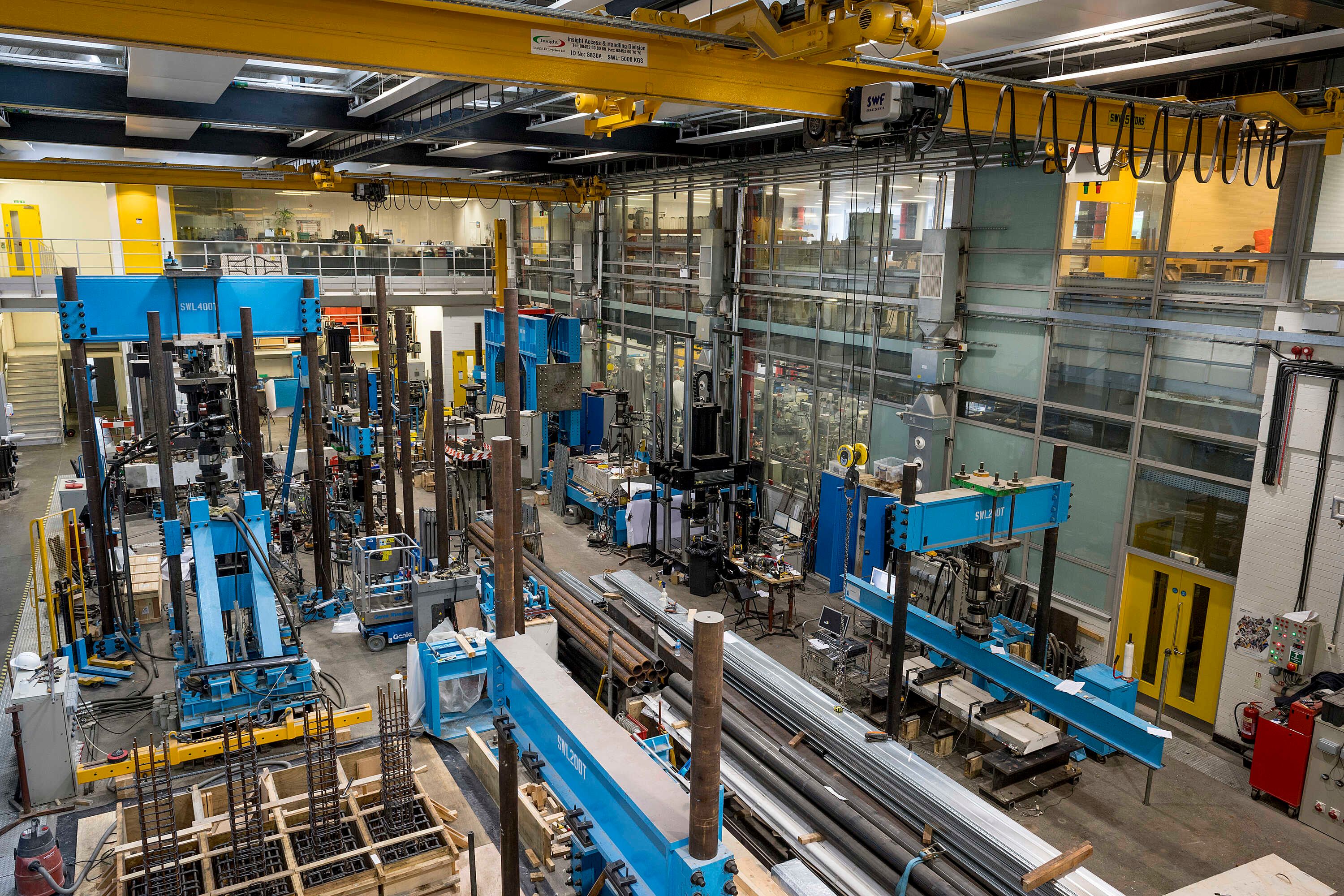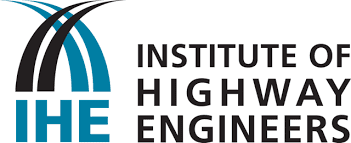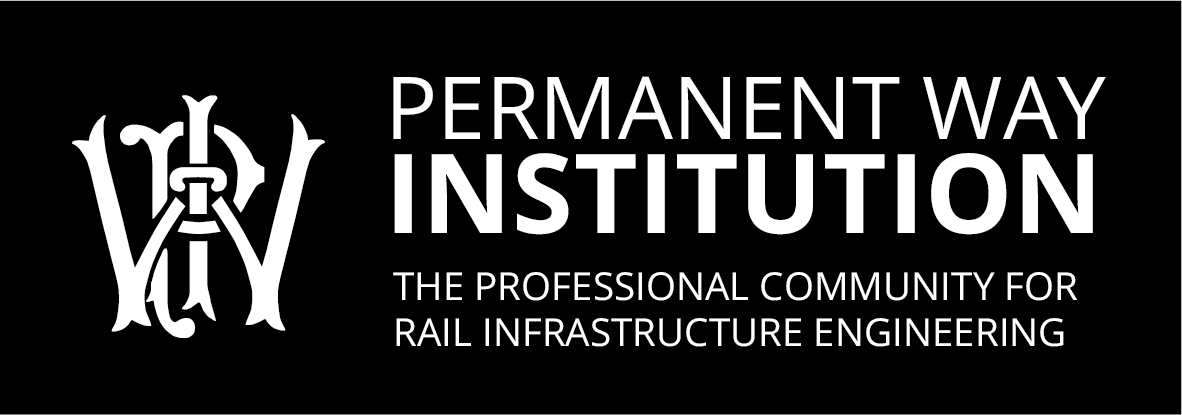
General Structural Engineering with Data Science
Explore the broad spectrum of structural engineering issues affecting civil engineering structures.
Explore the broad spectrum of structural engineering issues affecting civil engineering structures
Receive expert engineering insights from leaders in industry
Develop the advanced analytical and numerical skills required for a career in civil engineering
Course key facts
Qualification
MSc
Duration
1 year
Start date
September 2025
Study mode
Full-time
-
Fees
£18,500 Home
£42,900 Overseas
Delivered by
Location
-
South Kensington
-
Minimum entry standard
First class Honours in Civil Engineering, Natural Sciences, Earth Sciences or other numerate disciplines.
Course overview
Receive advanced training in the design, analysis, assessment and evaluation of concrete, steel and composite structures on this one-year accredited Master's course.
You'll gain a comprehensive grounding in key topics related to the mechanics and design of steel and concrete structures, with a particular focus on advanced analytical and numerical techniques.
Data science is central to the design and operation of resilient, sustainable, and robust structures. This particular stream includes elements which reflect the evolution of approaches within in the field of structural engineering.
Utilising data science and optimisation skills, you will conduct a piece of independent research that demonstrates a contribution to knowledge in a research area of interest.
Whether you are a practising engineer with several years' experience or a recent graduate, this degree will equip you with the skills required to pursue a career in structural engineering design and data analysis, or further study at PhD level.
Choosing your stream
You have the option of choosing between two streams. You should consider which stream is right for you according to your career aims and background. If an offer of admission is made, it will correspond to a specific stream. Switching streams is not possible once you have commenced your studies.
- MSc General Structural Engineering
- MSc General Structural Engineering with Data Science (this stream)
Structure
This page is updated regularly to reflect the latest version of the curriculum. However, this information is subject to change.
Find out more about potential course changes.
Please note: it may not always be possible to take specific combinations of modules due to timetabling conflicts. For confirmation, please check with the relevant department.
You'll take all of these core modules.
Core modules
Examine the design and behaviour of reinforced concrete structures at the design ultimate limit state.
Understand the behaviour of steel structures and learn to design structural steel members and connections.
Gain fundamental insights into structural analysis, including the mechanics of materials and physical behaviour of structural elements.
Analyse the conceptual design of a range of structural framing systems used in the construction sector and issues related to structural form and behaviour.
Gain a detailed understanding of the design of reinforced concrete slabs and structures like deep beams, squat shear walls and pile caps.
Develop the relevant theory, methodology and computational techniques required for you to formulate and implement statistical models to represent real-world phenomena.
Develop a comprehensive understanding of the three principal subfields of modern machine learning and learn how to implement these modules using programming language.
This module will provide you with practical experience in constructing and validating models and algorithms and the necessary advanced computational skills to enable you to apply this knowledge to solving a range of complex civil engineering problems.
Professional accreditation
This MSc degree is accredited on behalf of the Engineering Council by the Joint Board of Moderators (JBM), comprising:
- Institution of Civil Engineers
- Institution of Structural Engineers
- Institute of Highway Engineers
- Chartered Institution of Highways and Transportation
- Permanent Way Institution
This degree is recognised as meeting the requirements for Further Learning for a Chartered Engineer (CEng) for candidates who have already acquired a partial CEng accredited undergraduate first degree**.
Registering as a Chartered Engineer will improve your career prospects and provide higher earning potential. It will also help to demonstrate your commitment to professional standards, the engineering profession and sustainable development.
Our accreditation agreement with members of the Joint Board of Moderators is renewed every five years. The current accreditation agreement is due to be renewed in 2026.
**Candidates completing the MSc who hold an underpinning accredited IEng degree or a non-accredited Bachelor's degree will need to apply for an academic assessment to determine whether they will meet the educational base for CEng registration.
Teaching and assessment
Balance of teaching and learning
Key
- Lectures and seminars
- Independent study
- 25% Lectures and seminars
- 75% Independent study
Teaching and learning methods
-
Lectures
-
Tutorials
-
Online quizzes
-
Computer sessions
-
Group exercises
-
Design projects
-
Research project
-
Slide-based presentations
-
Programming code
-
Summary reports
-
Individual research dissertation
Balance of assessment
Key
- Coursework and examinations
- Project
- 18% Coursework
- 82% Examinations
Assessment methods
-
Individual and group coursework assignments
-
Written exams
-
Research dissertation or detailed design project
-
Group conceptual design project
-
Group projects and presentations
Entry requirements
We consider all applicants on an individual basis, welcoming students from all over the world.
First class Honours in Civil Engineering, Natural Sciences, Earth Sciences or other numerate disciplines.
Footnotes
Students must have a background in Mathematics including algebra and multivariate calculus.
Applicants who do not meet the academic requirements listed but have substantial relevant industry experience may exceptionally be admitted following completion of a ‘Special Qualifying Exam’ (SQE).
How to apply
Apply online
You can submit one application form per year of entry. You can choose up to two courses.
Application deadlines – Round 3 closes on Thursday 15 May 2025
We operate a staged admissions process with several application rounds throughout the year.
Apply by 23.59 (UK time) on the closing date of an application round, to ensure you receive a response on your application by the relevant decision date.
Application rounds dates
Round 1
- Applications open on Friday 27 September 2024
- Applications close on Thursday 16 January 2025
- Decision by Thursday 6 March 2025
Round 2
- Applications open on Friday 17 January 2025
- Applications close on Thursday 27 March 2025
- Decision by Thursday 1 May 2025
Round 3
- Applications open on Friday 28 March 2025
- Applications close on Thursday 15 May 2025
- Decision by Thursday 17 July 2025
Round 4
- Applications open on Friday 16 May 2025
- Applications close on Friday 4 July 2025
- Decision by Thursday 31 July 2025
Round 5
- Applications open on Saturday 5 July 2025
- Applications close on Monday 1 September 2025
- Decision by: Monday 8 September 2025
There is no application fee for MRes courses, Postgraduate Certificates, Postgraduate Diplomas, or courses such as PhDs and EngDs.
If you are applying for a taught Master’s course, you will need to pay an application fee before submitting your application.
The fee applies per application and not per course.
- £80 for all taught Master's applications, excluding those to the Imperial College Business School.
- £100 for all MSc applications to the Imperial College Business School.
- £150 for all MBA applications to the Imperial College Business School.
If you are facing financial hardship and are unable to pay the application fee, we encourage you to apply for our application fee waiver.
Find out more about how to apply for a Master's course, including references and personal statements.
An ATAS certificate is not required for students applying for this course.
Fees and funding
Home fee
Full-time
£18,500
2 years, part-time
£9,250per year
3 years, part-time
£6,167per year
Fees are charged by year of entry to the university and not year of study.
You should expect and budget for your fees to increase each year.
Your fee is based on the year you enter the university, not your year of study. This means that if you repeat a year or resume your studies after an interruption, your fees will only increase by the amount linked to inflation.
Find out more about our tuition fees payment terms, including how inflationary increases are applied to your tuition fees in subsequent years of study.
Whether you pay the Home or Overseas fee depends on your fee status. This is assessed based on UK Government legislation and includes things like where you live and your nationality or residency status. Find out how we assess your fee status.
If you're a UK national, or EU national with settled or pre-settled status under the EU Settlement Scheme, you may be able to apply for a Postgraduate Master’s Loan from the UK government, if you meet certain criteria.
For courses starting on or after 1 August 2024, the maximum amount is £12,471.
The loan is not means-tested and you can choose whether to put it towards your tuition fees or living costs.
Your future career
Develop the essential core knowledge and skills for a structural engineering career.
Get practical experience in a laboratory, learn advanced research techniques, and develop management and communication skills
You’ll be highly sought after for employment in a range of diverse professions, from public, private and third sector organisations.
Further links
Contact the department
- Telephone: +44(0) 20 7594 5932
- Email: cvpgo@imperial.ac.uk
Course Director: Prof Lorenzo Macorini
MSc Courses Director: Dr Anton Köllner
Visit the Department of Civil and Environmental Engineering website.

Request info
Find out more about studying at Imperial. Receive updates about life in our community, including event invites and download our latest Study guide.

Events, tasters and talks
Meet us and find out more about studying at Imperial.

Terms and conditions
There are some important pieces of information you should be aware of when applying to Imperial. These include key information about your tuition fees, funding, visas, accommodation and more.
You can find further information about your course, including degree classifications, regulations, progression and awards in the programme specification for your course.
Programme specifications



